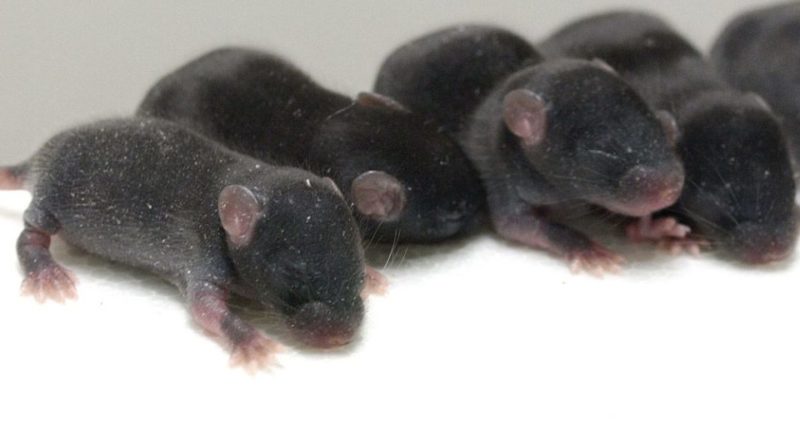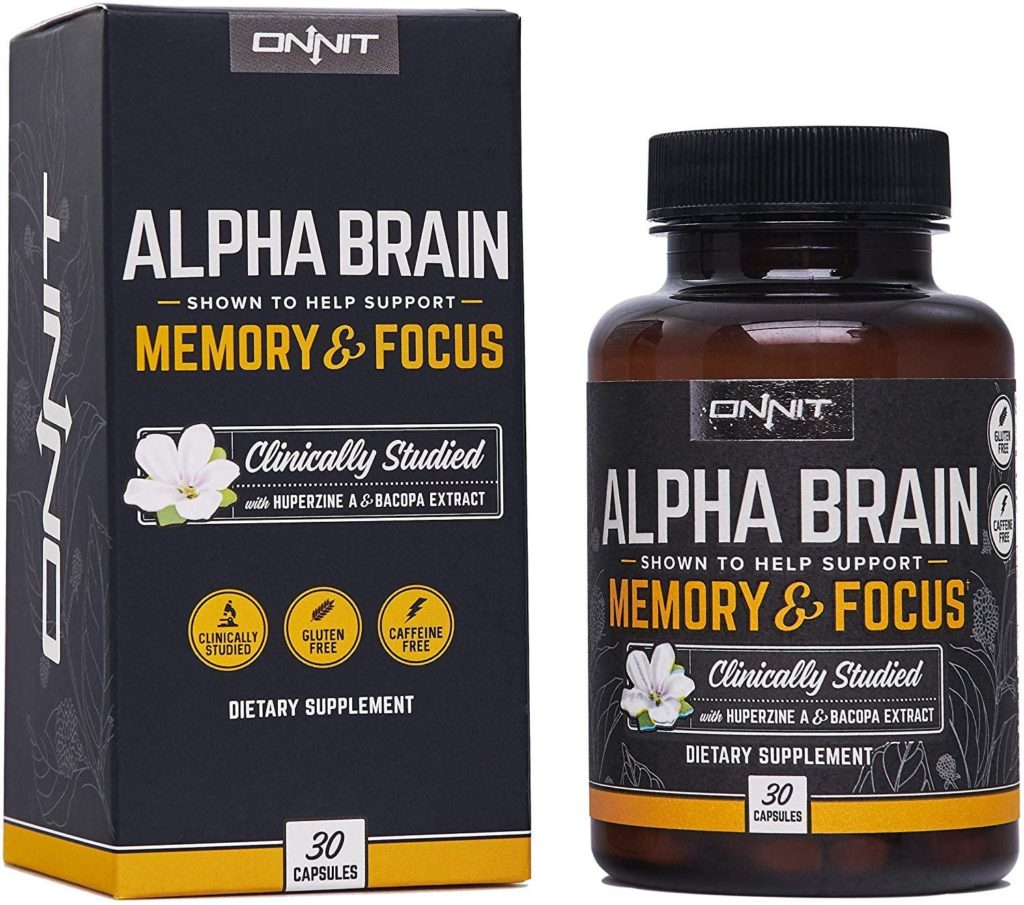Researchers Produce Mouse Clones from Freeze-Dried Cells
[Please note that this page contains affiliate links. If you choose to purchase after clicking a link, I may receive a commission at no extra cost to you.]
Direct human activity, whether it be the destruction or death of habitat, can cause animals to go extinct at a rapid rate. Many now are at a point where breeding and conservation efforts are the only way to keep the species alive, and one scientific solution to this is cloning.
However, to do so is very expensive and has a tremendous failure rate. Genetic information is kept at low temperatures. The genetic material is ruined if the power goes out or the freezers break down. Moreover, it has to rely on the extraction of only healthy sperm, and it is no easy task.
New studies have shown a way to clone mice using freeze-dried somatic cells (not an egg or sperm cells), which is significantly more suitable for the task. The discovery was published in a paper in the science journal Nature.
The current techniques for cloning involve sperm or egg removal, for example, from the last known White Rhino, and storage of embryos and sperm until they can be implanted into a female.
Teruhiko Wakayama and researchers from the University of Yamanashi looked to expand this by utilizing freeze-dried somatic cells to deliver the proper genetic material for cloning.
Using a sample of somatic cells of mice, the scientists exposed them to freeze-drying, where the sample is frozen before removing the ice. Doing it this way allows the sample to be frozen for nine months.
The somatic cells die during the process. Although the scientists did a somatic cell nuclear transfer and retrieved the nucleus, it holds all of the necessary genetic information to form an early blastocyst. Shortly, the scientists will be able to create stable embryonic lines from the samples.
Once it was implanted into the females, the mice had healthy cloned babies, and they were then mated further to prove they could reproduce.
The work is a substantial breakthrough in searching for efficient cloning, but it comes with its flaws. For example, freeze-drying creates more DNA damage than other methods, and somatic cell cloning has a reputation for congenital disabilities. They are problems that will need to be addressed before it is considered a viable method to help save the animal kingdom.


